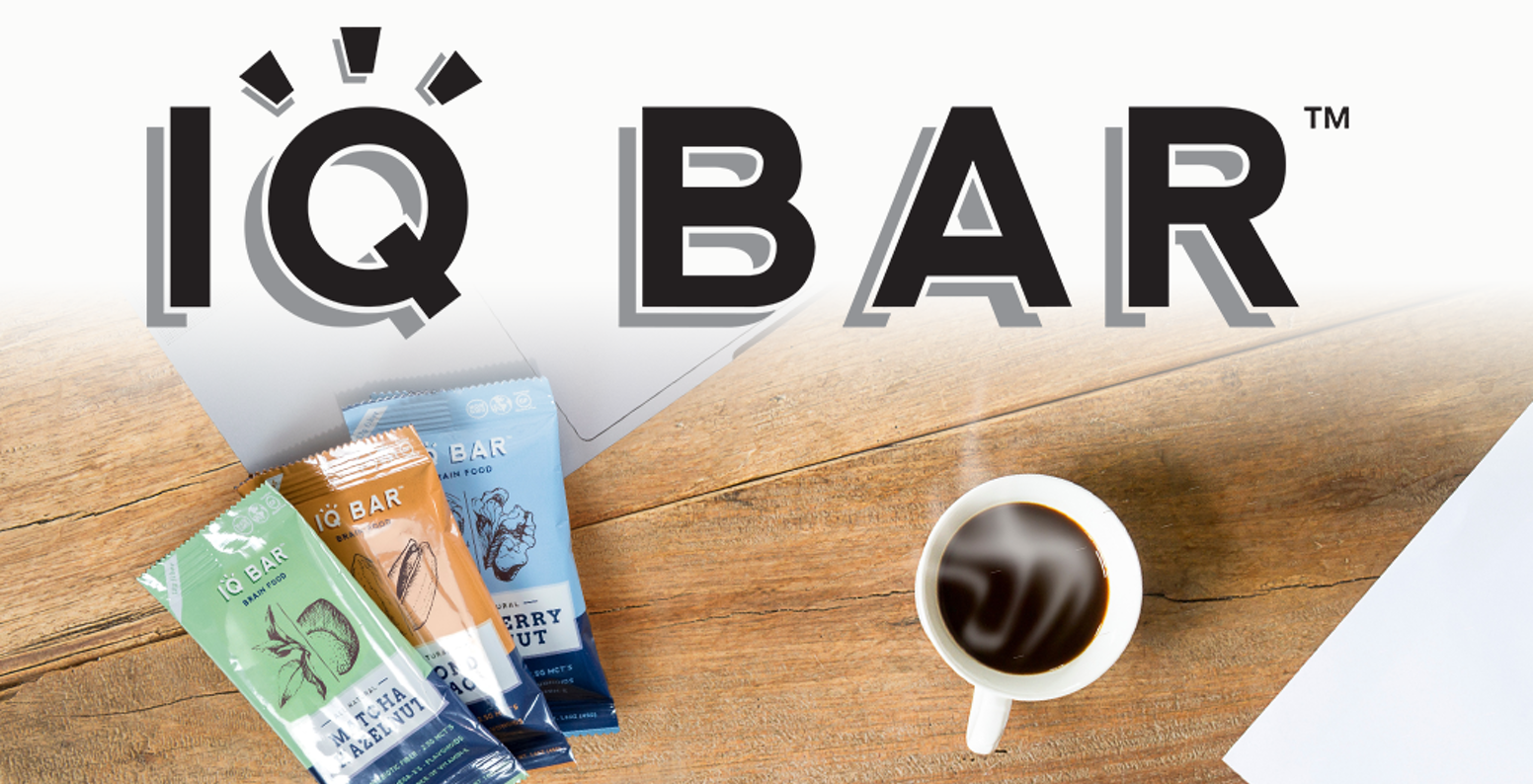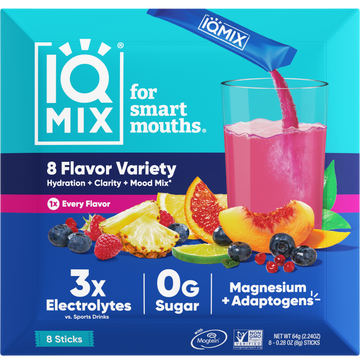Don’t Overdo It on Travel

For many of us, the holidays necessarily include travel. And, while travel can have many positive impacts on the brain (e.g., it can give you new perspective and bolster emotional stability), it can also completely drain us. Here are two common problems you may encounter, and how to deal with them:
- The Problem: Jet lag from changing time zones
- The Solution: A rule of thumb is to allow one day for every hour of time zone difference you experience. Partially adjust to your new time zone a day before travel, and adapt as soon as you arrive. Stay in the sun at your destination if you’re feeling sleepy, as that will inhibit your production of the sleep hormone melatonin. Also, don’t make big plans for your first few days after arrival!
- The Problem: Mental fatigue and headaches
- The Solution: Cognitive issues are especially an issue on airplanes, where the air pressure can reduce the oxygen in our blood between 6 and 25%. Avoid alcohol, caffeine, and inflammatory high-glycemic foods, drink plenty of water, and – if necessary – take a non-steroid anti-inflammatory drug like ibuprofen.
Eat Brain-Healthy Foods
Eating with family is part of what makes the holidays so fun. But, if you don’t watch it, you’ll end up on a pie-and-eggnog-induced food coma before you know it! A “cheat meal” here and there won’t be the end of you, but consider adding these brain-healthy foods to your holiday meals to add some brainpower:
- The Food: Nuts (esp. Walnuts, Almonds, and Hazelnuts)
- The Function: Nuts are packed with healthy mono- and poly-unsaturated fats that provide both sustained energy and brain protection. They’re also super easy to snack on while playing Monopoly with your cousin Larry. Walnuts are known for their sky-high ALA omega-3 content and Almonds and Hazelnuts are some of the best sources of Vitamin-E out there.
- The Food: Smoked Salmon Appetizers (if not vegan)
- The Function: Salmon is not only one of the most flavorful fish available, but it’s also packed with DHA and EPA omega-3s. It is also a great source of B-vitamins, protein, potassium, selenium, and antioxidants. As an added benefit, salmon may reduce the risk of heart disease and has been shown to significantly reduce bodily inflammation.
- The Food: After-Dinner Chocolate
- The Function: Cacao is packed with brain-protective polyphenol compounds called flavonoids. The higher the cacao content of your chocolate, the better – 70% and up is a good benchmark to aim for. Also, chocolate with minimal-to-no additives outside of cacao, accenting flavor, and (minimal) sugar is preferable. For the highest flavonoid content, and glycemic (i.e., blood sugar) impact consume raw cacao powder.
NOTE: For more information on the brain benefits of vitamin-E, flavonoids, and other compounds, check out our brain-healthy nutrients.
Maximize Family Engagement

Finally, spend as much time as possible with family! Research suggests that meaningful social interaction with those we’re closest with is hugely beneficial to our brain health. For instance, the Harvard School of Public Health reported on data observed across 16,000 subjects over 16 years and found that people with the highest levels of interaction with friends had the most fortified cognitive function.
In other words, reconnect with your estranged Uncle Alfred. Spend more time with Mom and Dad. Call your childhood friends you haven’t spoken to in ten years. Not only will it feel gratifying in the moment, but your brain will thank you for it in the long run!





